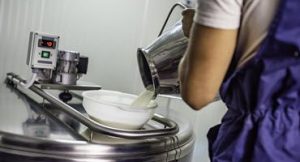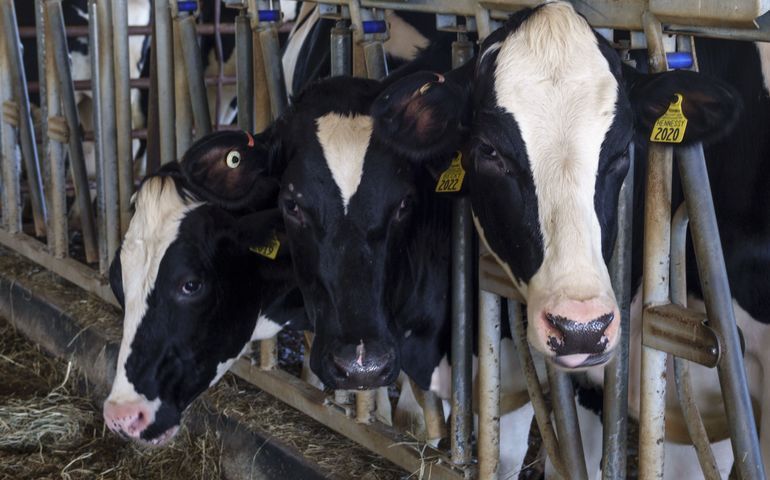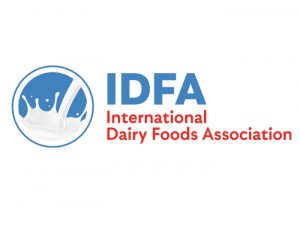
Contamination from so-called PFAS, found in wastewater sludge spread as fertilizer, has prevented some Maine farms from selling their products, creating financial hardship and concern among the dairy community.
In 2016, a dairy farmer in Arundel discovered that the milk produced on his farm contained some of the highest levels ever reported for a PFAS contaminant. In 2020, a dairy farm in Fairfield found PFAS levels in its milk were 153 times higher than the Maine standard for determining whether it was fit for sale.
PFAS, or per- and polyfluoroalkyl substances, are a class of man-made chemicals, sometimes referred to as “forever chemicals” because they can accumulate in the body over time. They are found in food packaging, nonstick pans, clothing and other goods. They have been linked to cancer, thyroid disease, liver damage, decreased fertility and hormone disruption.
Earlier this month, the Environmental Protection Agency released its planned actions for that agency’s work to address PFAS. But it does not address how USDA will assist farmers who have been affected by PFAS contamination.
“I raised this issue with you before your confirmation, and again during a Senate Agriculture Appropriations Subcommittee hearing in June 2021,” Collins wrote in a letter to Vilsack. “During these conversations, you assured me that PFAS contamination is a high priority for USDA.
“Some press reports indicate that USDA is considering changes to the Dairy Indemnity Program to make it easier for farms to recover following the discovery of PFAS, but there has been no action taken thus far. I am seeking an update from you about USDA’s plans to assist farmers who have experienced PFAS contamination, and how USDA’s actions may fit within EPA’s Roadmap.”
At an Agriculture Appropriations Subcommittee hearing in June, Collins urged Vilsack to take action to support dairy farmers who have been harmed by PFAS contamination. Collins also recently secured $1.6 million in the current draft of appropriations bill to support the installation of a PFAS treatment system in Madison. That facility would accept and treat contaminated manure from dairy farms across the state.























